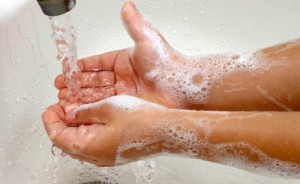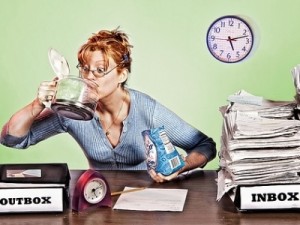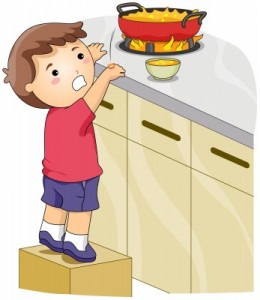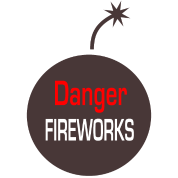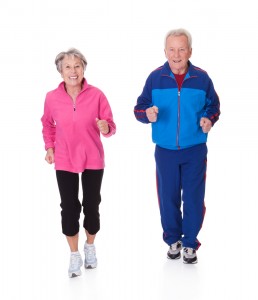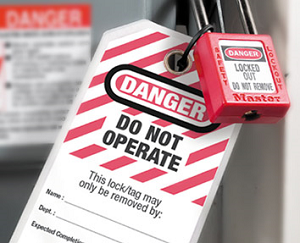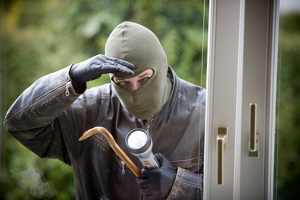 Fall celebrations like Halloween are fun times for children, who can dress up in costumes, enjoy parties, and eat yummy treats. These celebrations also provide a chance to give out healthy snacks, get physical activity, and focus on safety.
Fall celebrations like Halloween are fun times for children, who can dress up in costumes, enjoy parties, and eat yummy treats. These celebrations also provide a chance to give out healthy snacks, get physical activity, and focus on safety.
Check out these tips to help make the festivities fun and safe for trick-or-treaters and party guests.
- Swords, knives, and other costume accessories should be short, soft, and flexible.
- Avoid trick-or-treating alone. Walk in groups or with a trusted adult.
- Fasten reflective tape to costumes and bags to help drivers see you.
- Examine all treats for choking hazards and tampering before eating them. Limit the amount of treats you eat.
- Hold a flashlight while trick-or-treating to help you see and others see you. Always WALK and don’t run from house to house.
- Always test make-up in a small area first. Remove it before bedtime to prevent possible skin and eye irritation.
- Look both ways before crossing the street. Use established crosswalks wherever possible.
- Lower your risk for serious eye injury by not wearing decorative contact lenses.
- Only walk on sidewalks whenever possible, or on the far edge of the road facing traffic to stay safe.
- Wear well-fitting masks, costumes, and shoes to avoid blocked vision, trips, and falls.
- Eat only factory-wrapped treats. Avoid eating homemade treats made by strangers.
- Enter homes only if you’re with a trusted adult. Only visit well-lit houses. Never accept rides from strangers.
- Never walk near lit candles or luminaries. Be sure to wear flame-resistant costumes.



